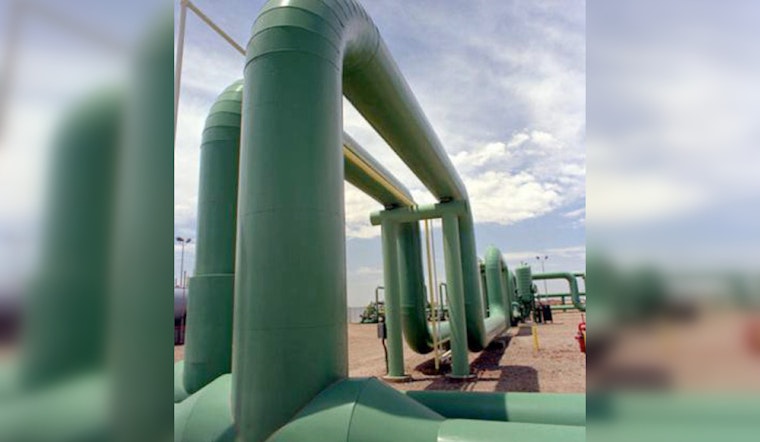After a large federal investment in the Midwest Alliance for Clean Hydrogen, or MachH2, the Midwest is poised to become a clean hydrogen energy hub. As part of a federal commitment to advance hydrogen-based energy projects, the U.S. Department of Energy recently awarded the alliance $22.2 million in Phase 1 financing.
As the CEO of MachH2, Dorothy Davidson told the Chicago Tribune, “Federal investment in hydrogen hubs represents a once-in-a-lifetime opportunity to significantly reduce emissions from hard-to-carbonize industries, create new clean energy jobs, clean our air, and invest in historically overburdened communities.” Davidson was enthusiastic about the investment. Davidson highlighted the hub’s ability to spread the advantages of clean energy throughout the Midwest and boost the clean hydrogen economy.
The funded project will involve a number of partners, including Purdue University Northwest, steelmaker Cleveland-Cliffs, and energy companies BP and NiSource, and it will serve regions in Indiana, Illinois, and Michigan. Up to 20,000 construction jobs might be created by the development, according to estimates. Environmental activists, however, have expressed concerns about the anticipated environmental impact, especially with regard to the production of blue hydrogen, which depends on fracked gas, a source that is not deemed clean by environmental standards, despite the optimism of industry workers like Randy Palmateer of the Northwestern Indiana Building and Construction Trades Council.
Michigan Governor Gretchen Whitmer has joined in the celebration, praising the government funding and pointing to further plans for the MachH2 project, such as a hydrogen “Truck Stop of the Future” in Detroit and a hydrogen manufacturing facility in Ypsilanti. These efforts are a part of a larger plan to boost the local economy and generate thousands of direct employment, according to a press release posted on the Michigan government website. According to Whitmer, “Thanks to the leadership of our state legislature and congressional delegation and investments from leading, cutting-edge companies, Michigan will lead the future of clean energy and advanced manufacturing.”
However, the projects face a complex environment of opportunity and scrutiny as they seek to strategically place Michigan and the larger Midwest area at the forefront of modern manufacturing and sustainable energy. Environmentalists are closely monitoring the situation as state and local officials, like U.S. Congressman Dan Kildee, praise the investment for boosting initiatives like the Flint hydrogen effort and generating well-paying employment. In an interview with the Chicago Tribune, Lauren Piette, a senior associate attorney with EarthJustice, stated that “blue hydrogen projects are dirty, and they are absolutely a false solution to our climate crisis.”
Notwithstanding the criticisms, state sponsors and MachH2 officials are eager to use the government funding to promote economic recovery and growth in addition to technology innovation. In any case, organizations such as Just Transition Northwest Indiana insist that they will keep advocating for a shift to greener hydrogen solutions and bringing attention to the possible drawbacks.
Note: Every piece of content is rigorously reviewed by our team of experienced writers and editors to ensure its accuracy. Our writers use credible sources and adhere to strict fact-checking protocols to verify all claims and data before publication. If an error is identified, we promptly correct it and strive for transparency in all updates, feel free to reach out to us via email. We appreciate your trust and support!



Leave a Reply